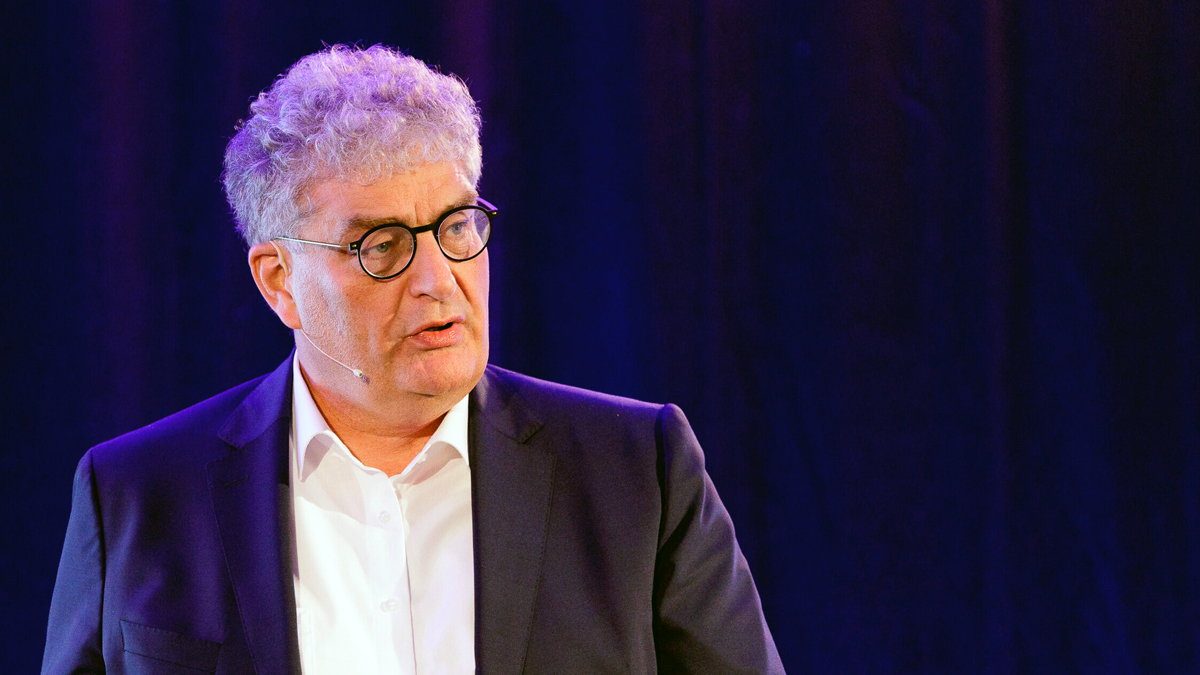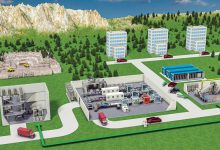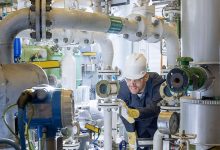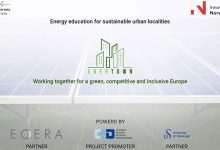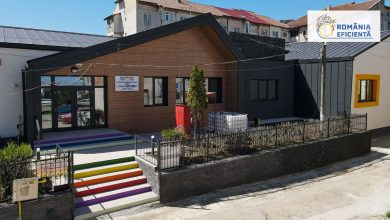H2CAST, Developing Hydrogen Storage Facilities in Germany
Gasunie is to become partner in H2CAST, the hydrogen storage pilot project in the Etzel caverns in the German state of Lower Saxony. This was announced by STORAG ETZEL and Gasunie. For Gasunie, this participation is a first step towards developing hydrogen storage facilities in Germany.
With H2CAST, which stands for H2 CAvern Storage Transition, STORAG ETZEL and Gasunie, together with project partners, aim to enable large-scale hydrogen storage in the salt caverns near Etzel, Germany.
The first step involves a pilot project in which two of the existing salt caverns will be made suitable for hydrogen storage and connected by an above-ground installation. Within the pilot project, Gasunie will be responsible for the above ground facility to connect the two hydrogen caverns. The pilot project is expected to be ready in 2026.
The location of the storage caverns in Etzel is strategically located with a perfect connection to the Dutch and German hydrogen market, near the future Gasunie hydrogen network Hyperlink and the Energy-Hub Port of Wilhelmshaven.
“Hydrogen is going to play an important role in the future energy system, especially for making industry more sustainable. For a well-functioning hydrogen market, large-scale hydrogen storage is a crucial component. Gasunie has the ambition to develop salt caverns for hydrogen storage in both the Netherlands and Germany,” Han Fennema, CEO Gasunie, said.
STORAG ETZEL is delighted that Gasunie has chosen to join the H2CAST project in Etzel which already started early 2022.
“The industrial scalability of the underground storage is unique for the H2CAST pilot. Gasunie will optimally strengthen the project consortium, which is of strategic importance for the Etzel site. The pilot project is a starting point for a future value chain to enable the ramp-up of the international hydrogen market,” Boris Richter, Managing Director of STORAG ETZEL, noted.
H2CAST Etzel is co-funded by the state of Lower Saxony and the Federal Government of Germany.
STORAG ETZEL and Gasunie are working together in this pilot project with the partners, DEEP.KBB, DLR, HARTMANN Valves, SOCON and TU Clausthal.
About the project
The H2CAST Etzel project is intended to demonstrate the feasibility of large-volume underground storage of hydrogen and to prove the suitability of the salt caverns in Etzel for hydrogen storage. Operational hydrogen storage operations will be tested and serve to build a hydrogen service industry. H2CAST stands for H2 CAvern Storage Transition, i.e., the conversion of existing caverns and facilities in Etzel for the future necessary storage of hydrogen as a building block for a future energy system.
Why Etzel?
- The Etzel energy hub is connected to gas pipelines that can be converted for H2 operation. A hydrogen pipeline to the possible H2 import terminal in Wilhelmshaven could be realised.
- Caverns are suitable for H2 storage
- STORAG ETZEL is a leading independent cavern storage operator in NW-Europe for natural gas and crude oil
- Ideal geographic position, strategic location of the cavern field in Etzel
- Connection to existing supra-regional gas pipeline grid
- Permits in place for capacity extension on short notice
- STORAG ETZEL has long-term planning security with an operating framework in place and aligned with the respective authorities
- Utilization of existing infrastructure
- Scalability of H2 storage and secured expansion potential
- Synergy options with regional energy and industry partners
- Short response time for project realization of H2 storage
- Public acceptance
- Experts and skilled workers are available
- Projects are realized in lower Saxony/Germany
- Without the H2 projects in Etzel, there is no regional H2 cluster in the region
Hydrogen storage for Northwest Europe
Once completed, ‘H2CAST Etzel’ will pave the way for an even more ambitious development project by STORAG ETZEL as a second logical step for a sustainable site transformation and strategic positioning of the Etzel cavern facility for the coming European hydrogen economy.
The focus of this follow-up project is on the conversion and expansion of the existing cavern field, including above ground processing facilities and the pipeline infrastructure for the Northwest Europe region, among other things, in view of the growing storage demand for H2.
The goal is the regional development and establishment of an H2 cluster by connecting the Etzel storage facility and the Wilhelmhaven region with access to wind energy, an import terminal, H2 production and the industry to the planned initial hydrogen network in Northwest Europe, the so-called ‘European Hydrogen backbone’.
This pipeline development project is regarded as the basis project for a joint European hydrogen supply from Hamburg to Paris and encompasses four countries.
STORAG ETZEL will initially continue and focus on the research project H2CAST Etzel where they will work together at the regional level with industrial partners, the municipal bodies and business promoters to leverage synergies and further develop existing initiatives. STORAG ETZEL will also remain a preferred, reliable, and technically leading provider for the new energy industry, including for large-volume storage of renewable energy sources.
About Gasunie
Gasunie is a European energy-infrastructure company. Gasunie’s network is one of the largest high-pressure pipeline networks in Europe, comprising over 17,000 kilometres of pipeline in the Netherlands and northern Germany. Gasunie provides natural and green gas transport services through its subsidiaries, Gasunie Transport Services B.V. (GTS) in the Netherlands and Gasunie Deutschland in Germany. With its cross-border gas infrastructure and services, Gasunie facilitates TTF, which has become the leading European gas trading point. Gasunie also provides other gas infrastructure services, including gas storage and LNG. Gasunie wants to help accelerate the transition to a CO2-neutral energy supply and believes that gas-related innovations, for instance in the form of renewable gases such as hydrogen and green gas, can make an important contribution. Both existing and new gas infrastructure play a key role here. Gasunie also plays an active part in the development of other energy infrastructure to support the energy transition.


